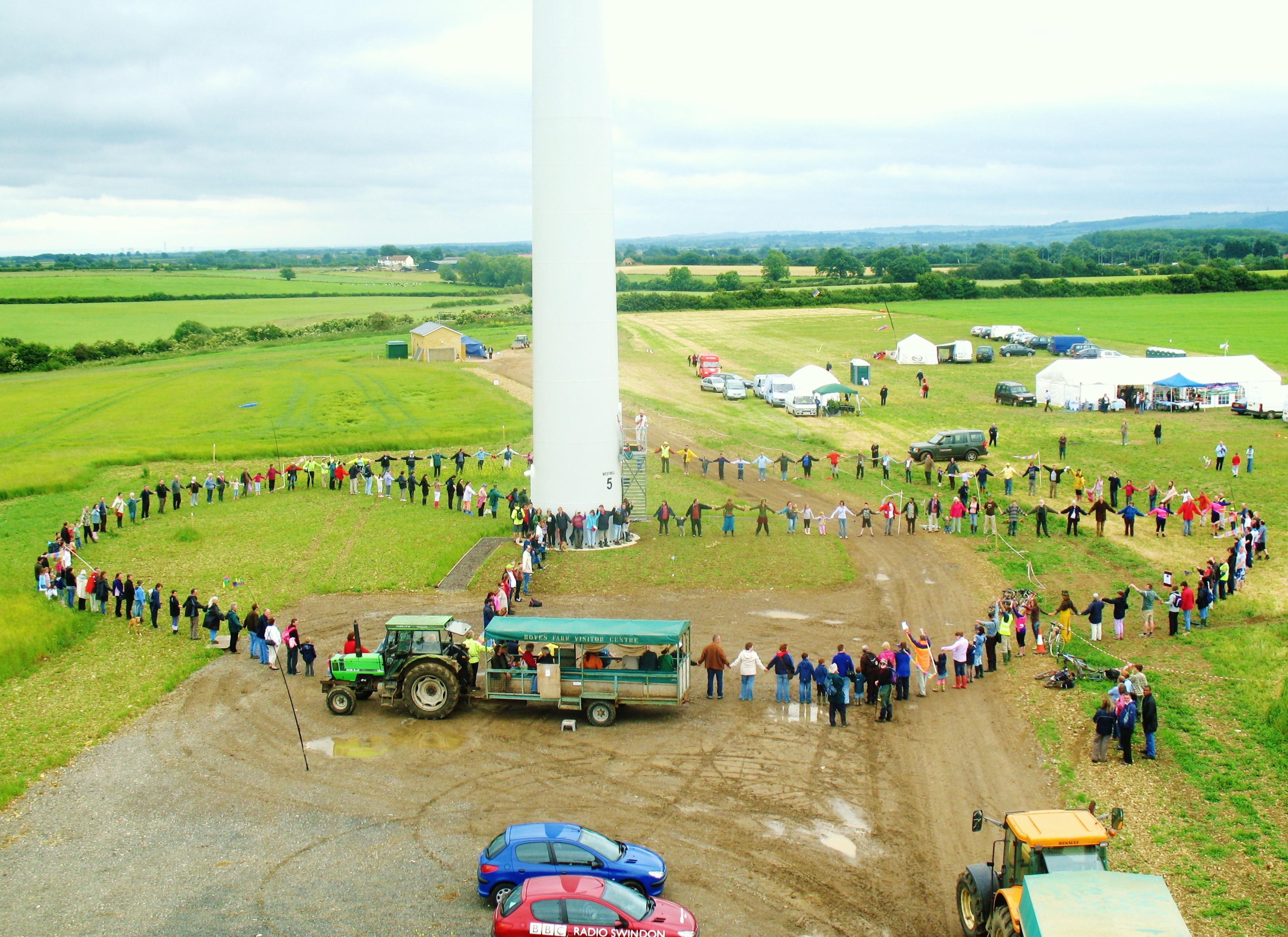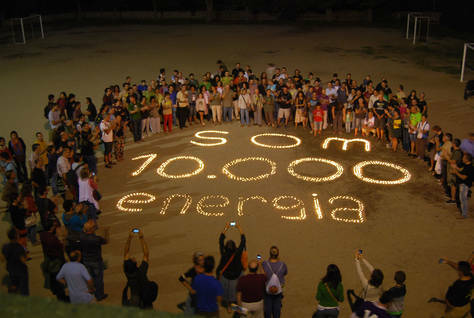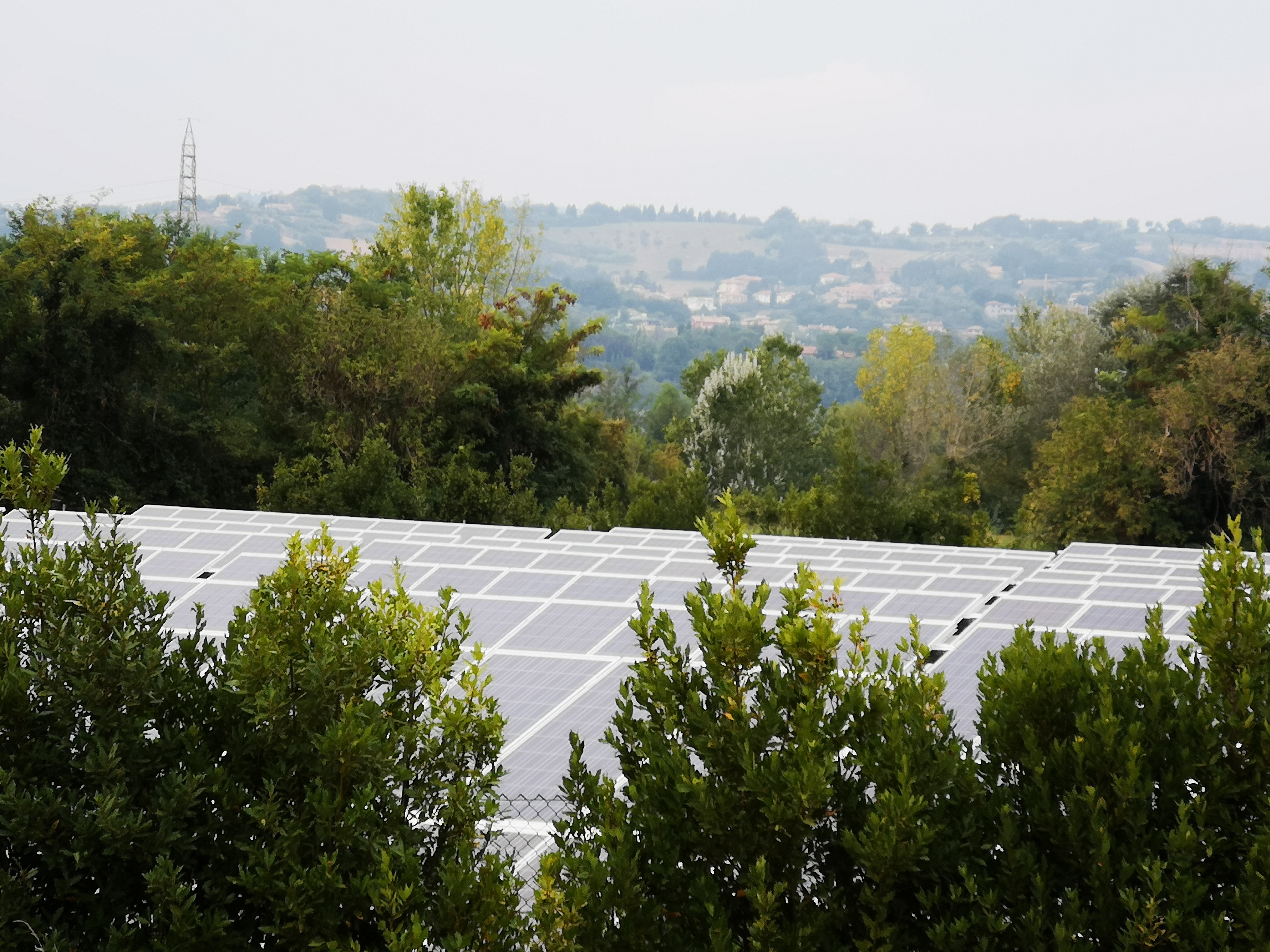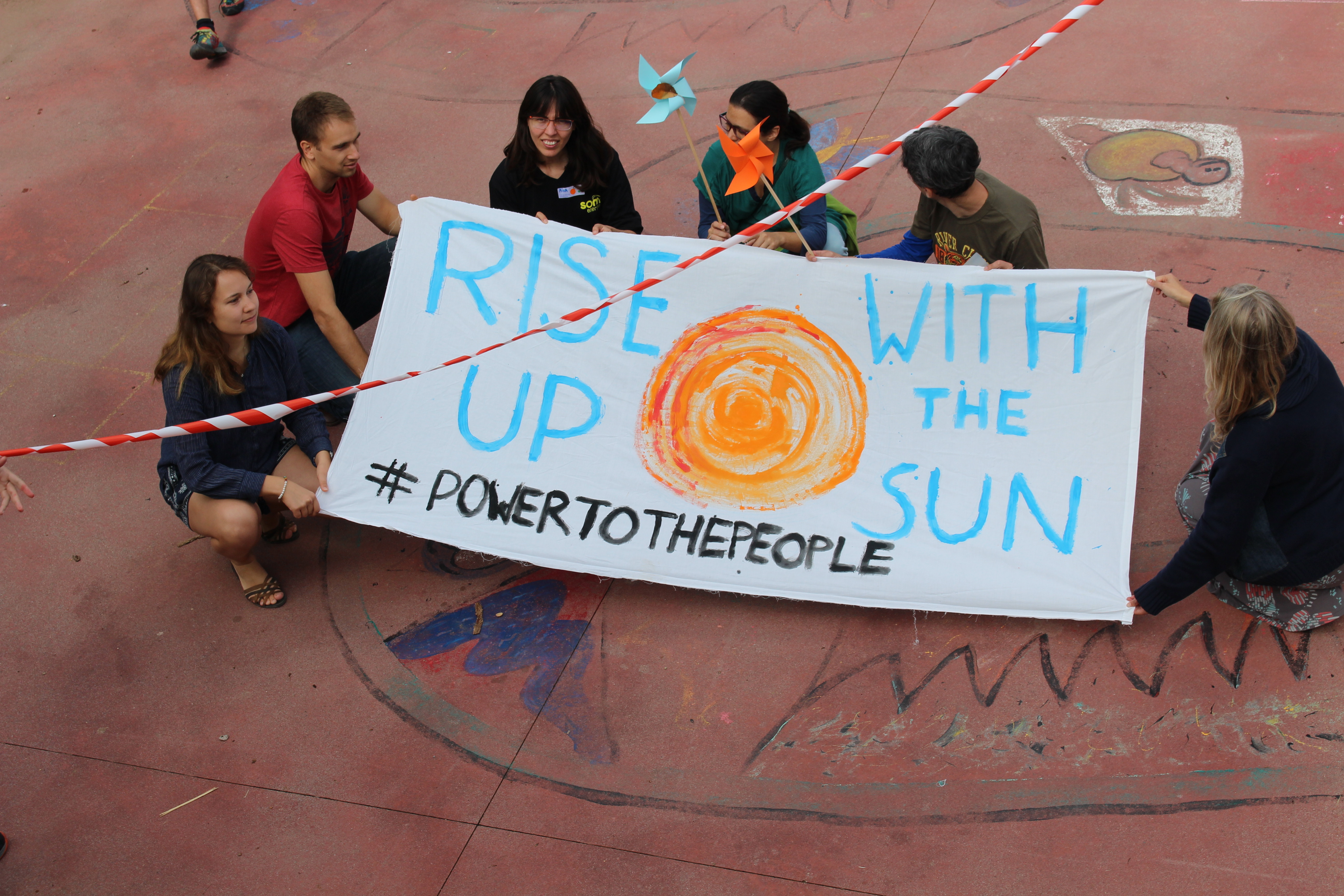Starters
REScoop.eu actively supports starting energy communities. Starters can get inspired by our Community Energy Guide packed with instructions, practical tips, powerful success stories and invaluable resources to build a local, community- led renewable energy revolution. They can also have a look at our European best practices and learn how to choose their own business model. They can also find out how to engage and manage stakeholders or how develop and finance renewable energy projects. Starters with specific questions can always contact our mentors.
Learn from Best Practices
Energy communities are groups of citizens that organise themselves to collectively take action on renewable energy, energy efficiency or other energy-related activities. They apply the 7 cooperative principles in their daily practice. A closer look at existing energy communities reveals that they are incredibly diverse when it comes to ownership, governance, organisational structure, scale of activities, type of activities, energy sources used, financing mix, etc. They are most commonly distinguished from one another based on their size, projects and activities.
Size
Some energy communities are relatively small. They have fewer members and pursue only small-scale renewable energy projects (typically solar panels). Others have many members but have yet to fully launch their first project. There are also very large energy communities, such as Ecopower (Belgium) for instance, which powers more than 50,000 homes with 100% renewable energy. Experience shows that it gets easier to convince members once you have your first project up and running, or when members are given the opportunity to use the energy generated.
Projects
Energy communities typically invest in projects that generate energy from local renewable energy sources. Some energy communities only invest in wind turbines (wind coops) while others restrict their investment to solar panels (solar coops). Many energy communities, however, pursue a combination of these, and rely on various renewable energy sources to produce energy. After all, energy is still needed when the sun doesn't shine or the wind doesn’t blow. Bronsgroen (Belgium) has invested in wind, solar and biomass projects in order to improve its energy mix. Some energy communities restrict their investments to renewable energy, but many also deal with the issue of energy efficiency. Courant d'Air (Belgium) for example is using part of its revenues to finance energy efficiency measures in public buildings.
Activities
Most energy communities produce renewable energy. Some only finance these projects while others develop them from scratch. There are also energy communities that operate the projects after they have been set up. Some energy communities also supply renewable energy to their members. Enercoop (France) for example is the only renewable energy supplier in France. There are also energy communities that handle their own balancing activities, while others even run their own distribution grid. EWS Schönau (Germany) for instance owns the distribution grid and is helping others to follow that example. Finally, some energy communities help their members and local authorities take energy efficiency measures in their homes or in public buildings.
Choose your Business Model
Before setting up an energy community, starters must develop a viable business model. We wrote a report describing six potential business models for energy communities based on our experience. The Business Models Report provides new energy communities and potential entrepreneurs with proven organizational schemes to develop citizen-based projects in the field of renewable energy.

Finance your projects
While there are various ways to finance renewable energy projects, some investment schemes are particularly interesting for energy communities. These schemes are well explained in our financial handbook. In our second report, we identify the main financial barriers for starters and offer some effective solutions to overcome these.

Manage your stakeholders
Energy communities have a clear concern for the community, and take into account the interests of a wide range of stakeholders. They are not scared to face the challenge of engaging citizens and other stakeholders in creating the organisation and in other development processes. Our action guide has been developed to facilitate the development of energy communities and, more particularly, to implement and maintain the involvement of a wide range of stakeholders in these organisational processes.

Our toolbox
In our toolbox, you will find a wide range of tools, reports and papers aiming to support a local, community-led renewable energy revolution in Europe.
